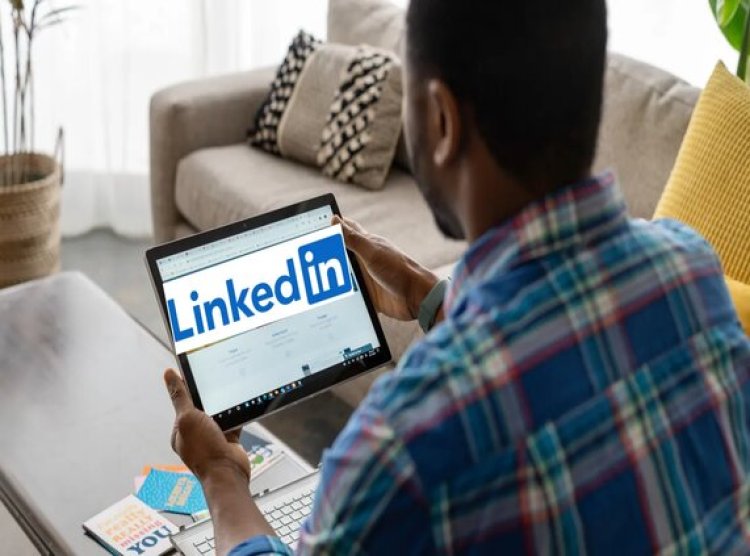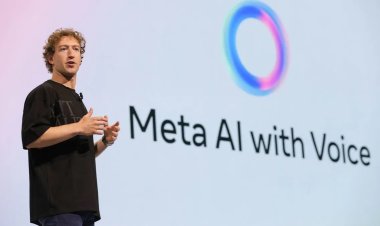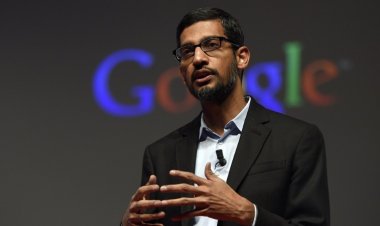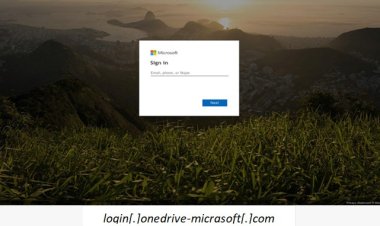LinkedIn Influencers Shape Branding Amid Transparency and Ethical Challenges
How LinkedIn Influencers Are Transforming Branding While Raising Transparency and Ethics Concerns: Experts Discuss Professional Credibility and Strategic Collaboration

LinkedIn validation has become the new gold standard of success, influencing personal branding, marketing campaigns, and even managing PR challenges. Brands are increasingly turning to paid LinkedIn influencers to promote their image, shaping what goes "viral" and influencing public perception of ads and campaigns.
However, this growing trend raises ethical concerns regarding transparency, with influencers often failing to disclose paid collaborations. This lack of disclosure can erode user trust and disrupt the professional credibility that LinkedIn is built upon.
A recent example involved a viral post celebrating Yes Madam’s billboard campaign, which highlighted beauticians earning substantial incomes. While initially celebrated, it was later revealed to be a paid advertisement when Manisha Kapoor, CEO of the Advertising Standards Council of India (ASCI), flagged it. The addition of the hashtag #Adbrought attention to the need for transparency in such promotions.
Experts in the field have mixed views. While Chetan Asher, founder of Tonic Worldwide, highlights LinkedIn’s value as a strategic marketing platform, others, like Anirudh Sridharan of HashFame, emphasize the importance of clear sponsorship labels to preserve user trust.
Similarly, Ambika Sharma of Pulp Strategy advocates for using influencers as collaborators, not sole campaign drivers, while Shradha Agarwal of Grapes Worldwide calls for better disclosure tools to maintain trust within LinkedIn’s professional ecosystem.
The rise of subject matter experts (SMEs) is also reshaping LinkedIn’s influencer landscape. Saurabh Parmar, a fractional CMO, believes SMEs offer more authentic engagement than traditional influencers, positioning LinkedIn as an ideal platform for credible, targeted campaigns.

 sheetal
sheetal 










